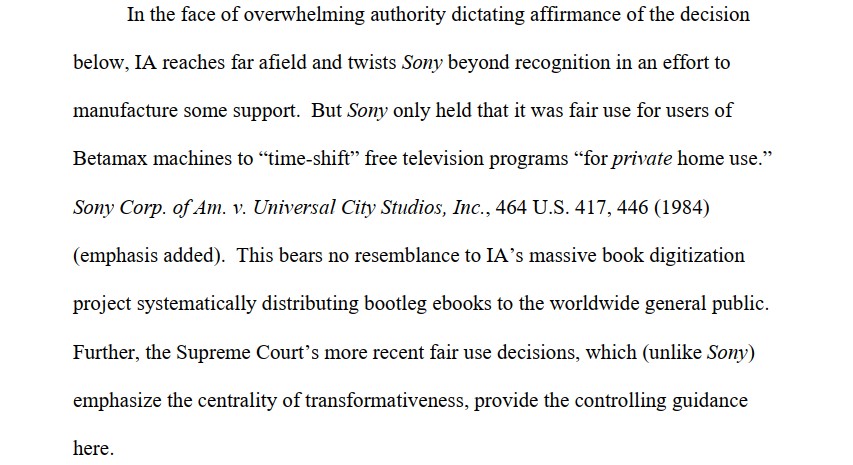-
chevron_right
There’s More to Copyright Than Financial Incentives, Internet Archive Argues in Court
news.movim.eu / TorrentFreak · Tuesday, 23 April - 17:23 · 5 minutes
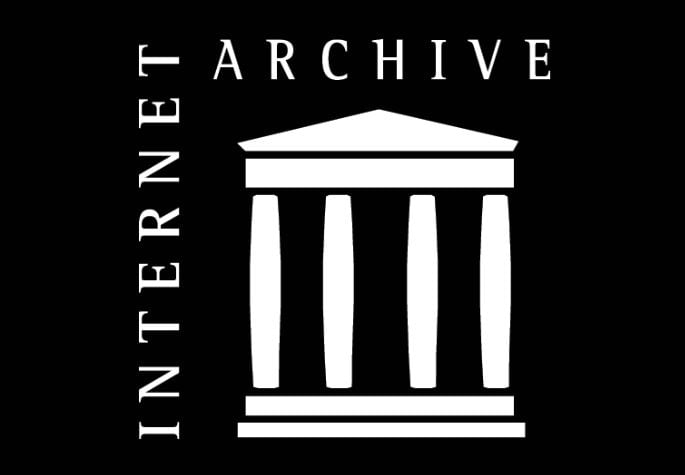 The non-profit Internet Archive (
IA
) aims to preserve digital history for generations to come.
The non-profit Internet Archive (
IA
) aims to preserve digital history for generations to come.
The organization literally archives key parts of the Internet, copying older versions of websites to preserve them for future generations. This information becomes more and more valuable as time passes by.
IA has plenty of other archive projects too. For example, it operates a library that offers a broad collection of digital media, including books, which patrons can borrow upon request.
Thousands of libraries have digital lending services but IA’s approach is different. The organization doesn’t license authorized digital copies from publishers; instead, its books are scanned and digitized in-house. Each copy can only be loaned to one person at a time, to mimic the lending attributes of physical books.
Lawsuit and Appeal
Internet Archive believes that its approach falls under fair use but publishers Hachette, HarperCollins, John Wiley, and Penguin Random House disagree. They filed a lawsuit in 2020 equating IA’s controlled digital lending operation to copyright infringement.
Earlier this year a New York federal court concluded that the library is indeed liable for copyright infringement . The court’s decision effectively put an end to IA’s self-scanning library, at least for books from the publishers in suit.
IA is not letting go without a fight and in December the non-profit filed its opening brief at the Second Circuit Court of Appeals, hoping to reverse the judgment. Among other things, IA argued that its lending activity causes no financial harm is substantially different from the ebook licensing market.
Fearing a ‘Napster moment’ for books , the publishers rejected the notion that outsiders can run their own digitization programs and operate distribution platforms, without rightsholders being involved. Rightsholders should remain in control of all digital copies to be monetized on their terms.
Both sides were supported by amicus briefs from interested parties, a clear indication of what’s at stake in this dispute. Before the court case moves forward, however, IA replied to the publishers’ Napster comments and other critiques.
IA Points Out ‘Critical Misconceptions’
The Archive maintains that its lending service is fair use. The organization points out that the publishers have several misconceptions about its service.
IA points out that it doesn’t lend out digital copies without limits. For each physical book, it will only lend a single digitized copy at the time. This fixed “owned-to-loaned ratio” sets it apart from many of the copyright-infringing services mentioned by the publishers..
“Controlled digital lending is not equivalent to posting an ebook online for anyone to read or copy or to peer-to-peer file-sharing by companies like Napster. Neither practice is based on use of a library’s lawfully acquired physical copy, and neither ensures that only the one person entitled to borrow the book (or recording) can access it at a time.”
IA further notes that it has no profit motive, which differs from companies that resell digital copies without permission. In addition, the enormous work that goes into digitizing the books makes it hard for others to do the same, so fears of a flood of similar services are overblown.
“[B]ecause of the huge investment required to operate a legally compliant controlled lending system and the controls defining the practice, finding fair use here would not trigger any of the doomsday consequences for rightsholders that Publishers and their amici claim to fear,” IA writes.
Libraries Have Broad Missions
The brief goes on to counter the publishers’ “cramped” view of what libraries are for. Libraries are not just outfits that lend physical books to people nearby; their missions are much broader.
IA says that libraries make books available to a broad public, no matter their social status or location. They also preserve books for future generations and ensure that readers can enjoy books without giving up their privacy.
“Libraries provide readers more egalitarian access to a wider range of books, overcoming socioeconomic and geographic barriers by sharing resources with other libraries through interlibrary loans.”
“They also build permanent collections to preserve books, including older editions, for future generations. And they protect reader privacy, preventing disclosure of patron records that could chill access to information,” IA adds.
IA’s lending service advances this mission and was launched, in part, because the current ebook licensing schemes are seen as too restrictive.

A “Copyright” Balancing Act
The parties broadly agree on what the lending program entails and how it operates from a technical perspective. However, it’s the purpose and consequences that mostly determine whether a service is ‘fair use’, and here they have diametrically opposing views.
The publishers have argued that IA offers digital copies of their books without permission, which directly competes with its legal licensing business.
IA, in turn, doesn’t deny that copyrights play a role but stresses that its controlled lending is fair use. The reply highlights several arguments to make this point and concludes that the scale clearly tips in its favor.
The reply brief notes that the lower court didn’t properly balance the interests required by copyright law, largely overlooking the benefits the service has to the public at large, while strongly focusing on the financial aspect of copyright instead.
“[The District Court] decision barely mentions copyright’s ultimate purpose of ‘promoting broad public availability of literature, music, and the other arts’. Publishers do not deny that IA’s use serves this purpose; instead, they ask the Court to ignore that service and focus instead on copyright’s financial incentives for creativity.”
IA cites the Warhol Supreme Court case which made clear that fair use is a balancing act between the interests of the public and rightsholders. In this case, it believes that the balance favors its lending service.
“Creative work is to be encouraged and rewarded, but private motivation must ultimately serve the cause of promoting broad public availability of literature, music, and the other arts. The district court’s failure to consider the latter contravenes decades of precedent recognizing that rewards are a secondary consideration, while promoting availability is primary,” IA informs the court.
“Here, the record shows that the balancing act between these purposes is better served by allowing the use than by preventing it,” IA concludes.
—
A copy of the Internet Archive’s reply brief, submitted at the Second Circuit Court of Appeals, is available here (pdf)
From: TF , for the latest news on copyright battles, piracy and more.



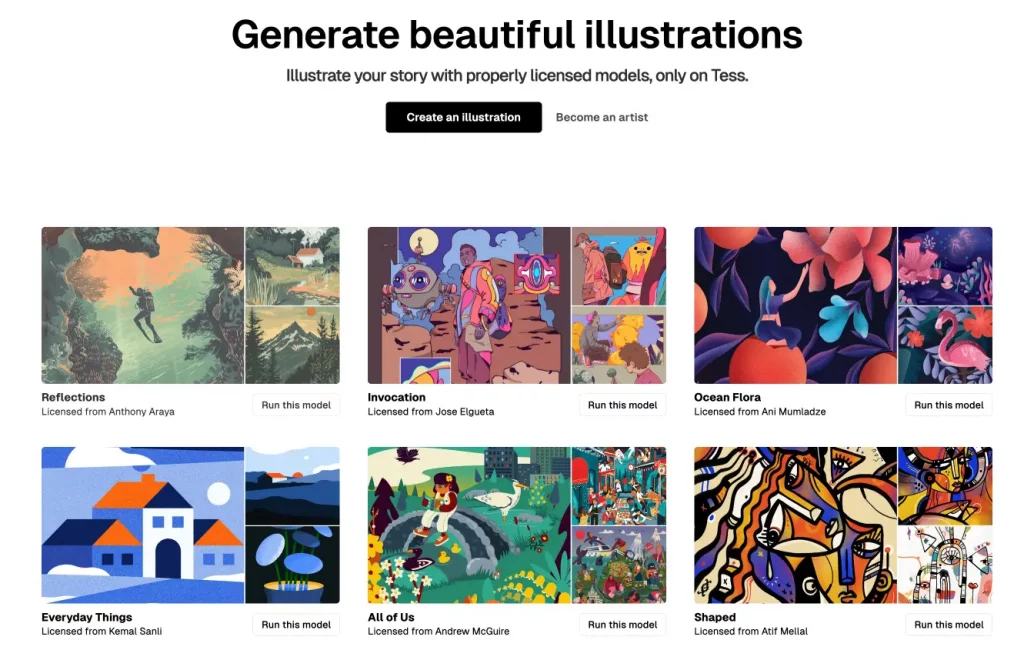
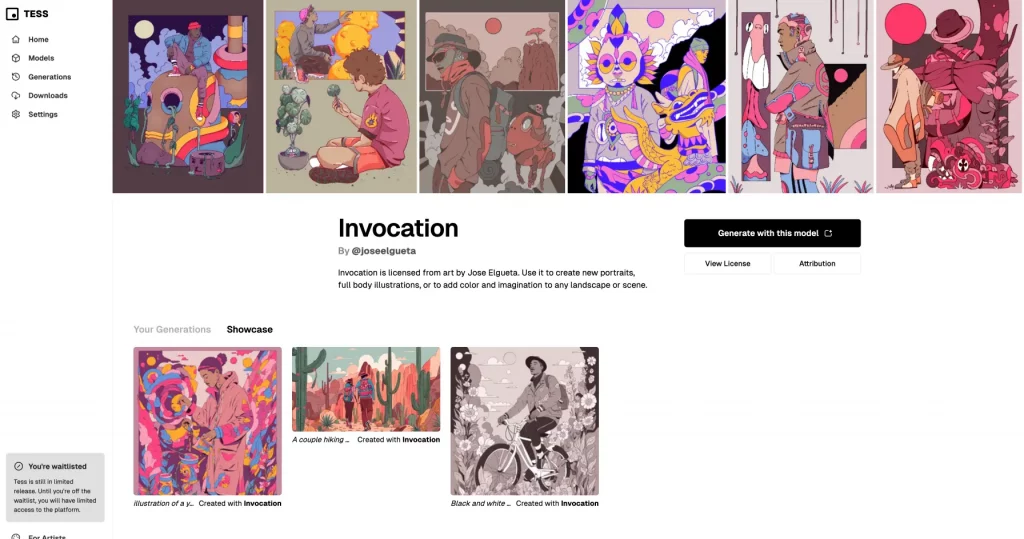
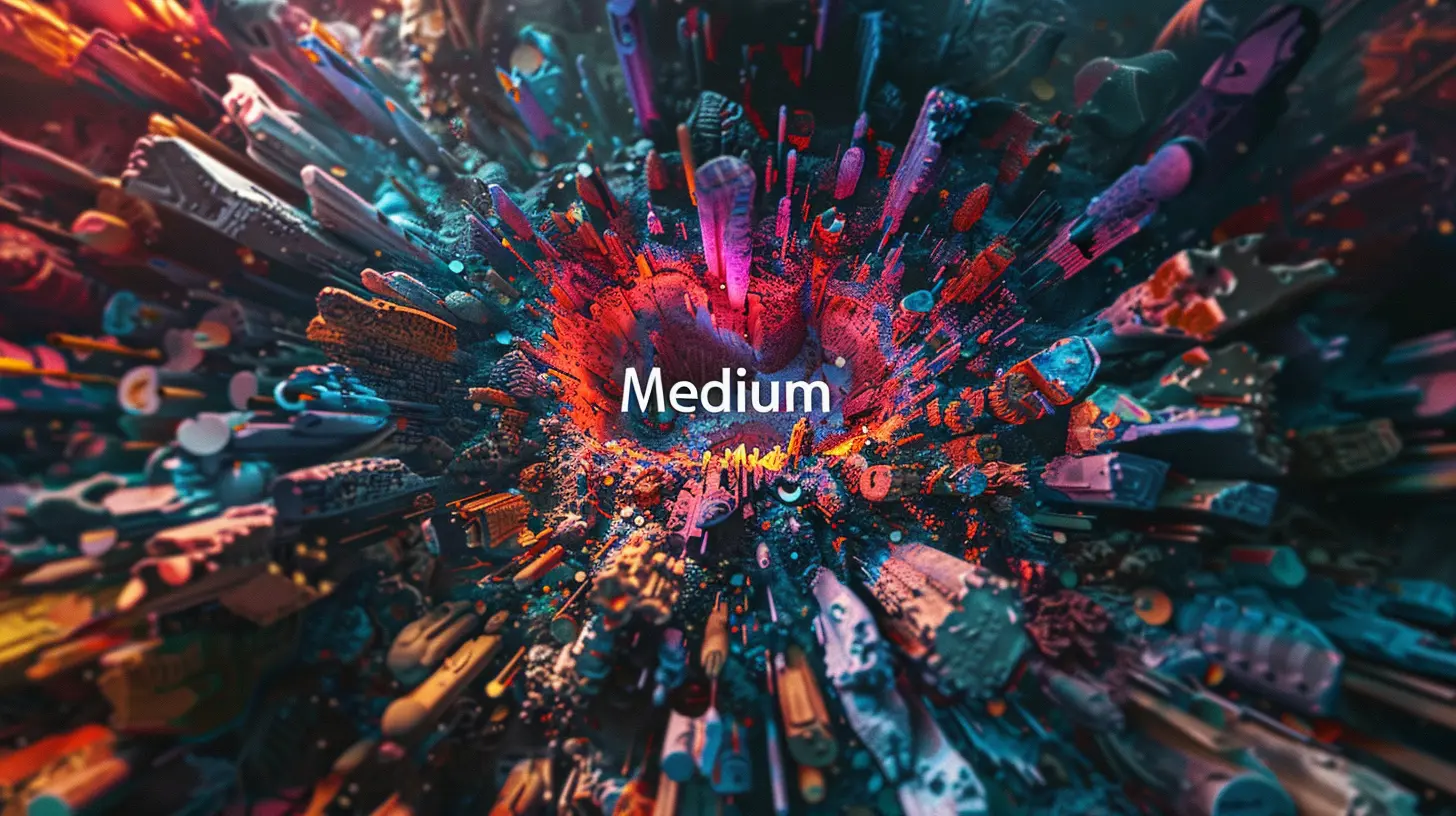
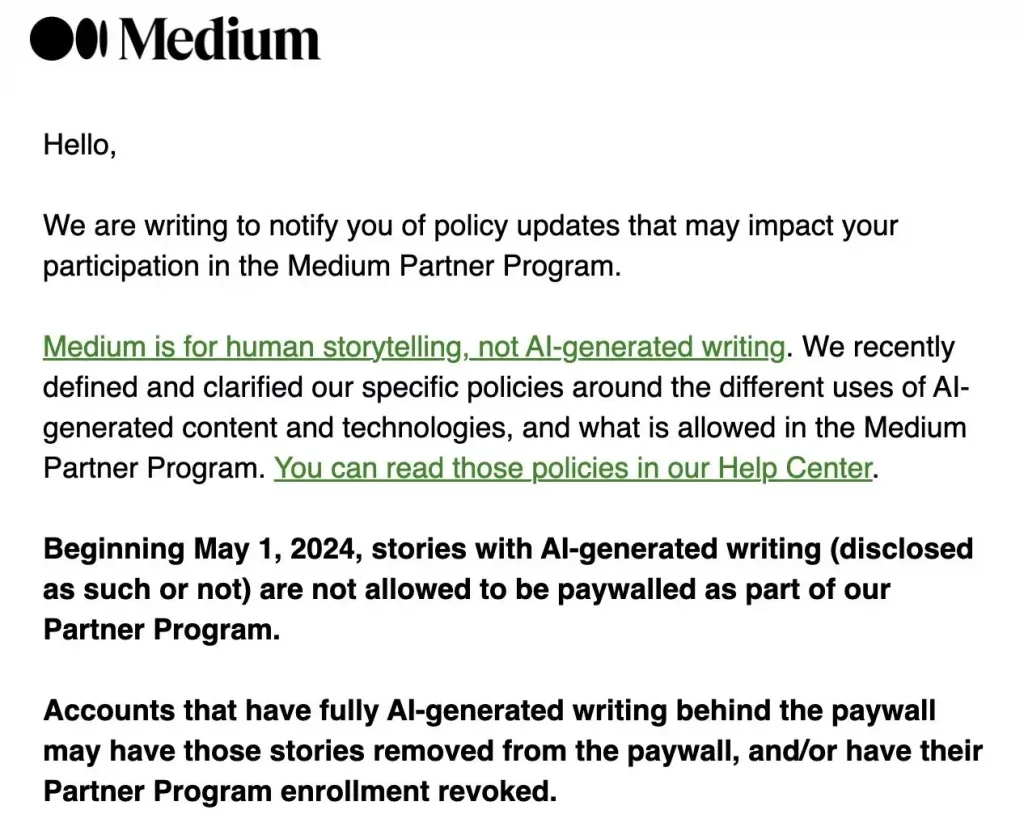

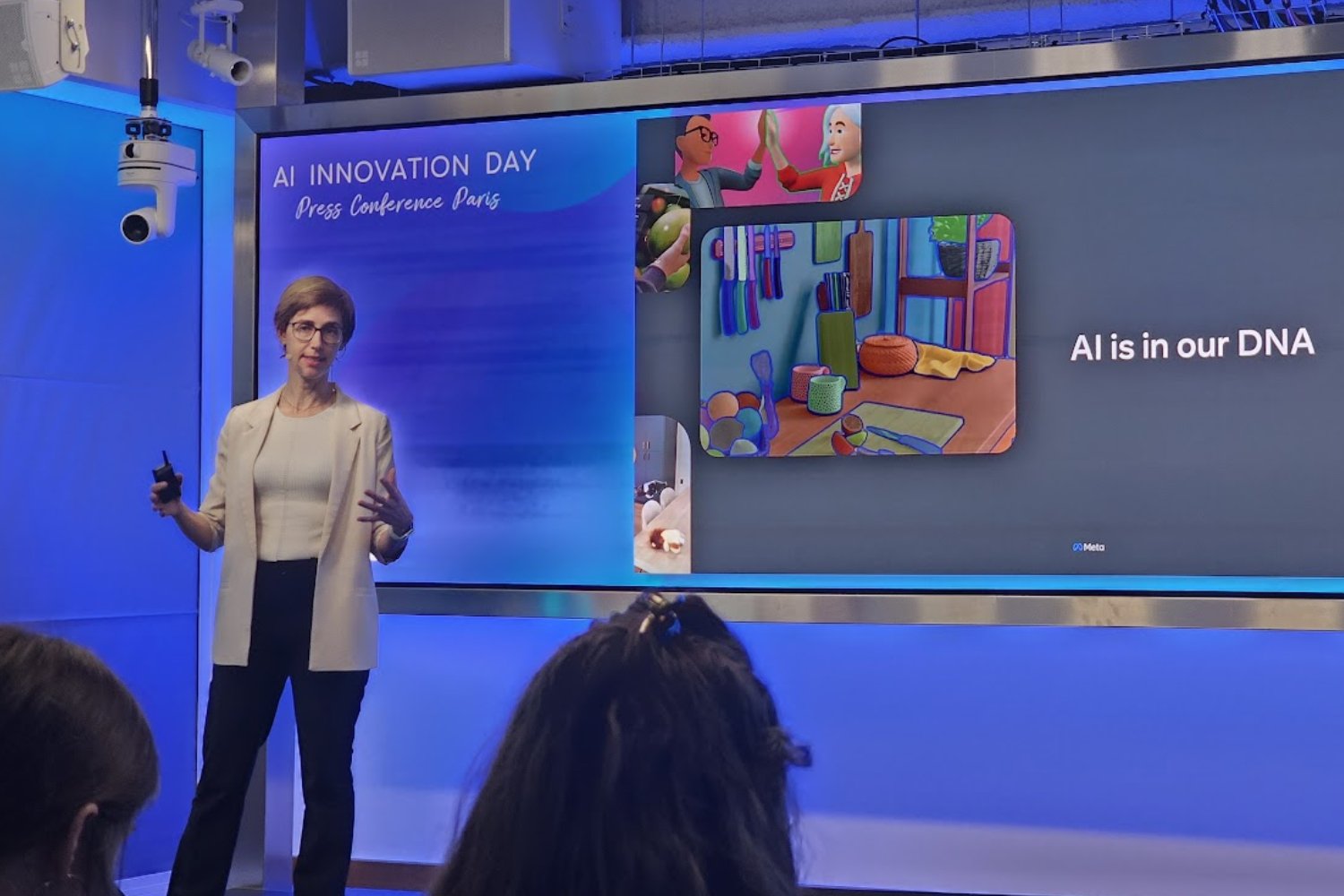
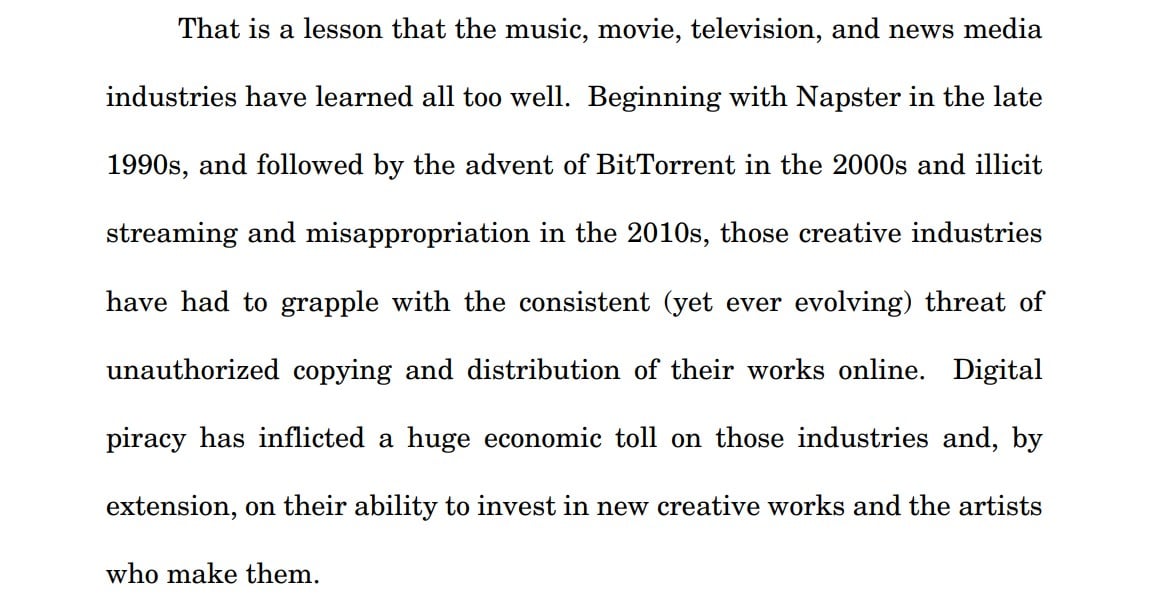
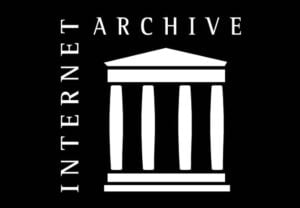 In 2020, publishers Hachette, HarperCollins, John Wiley and Penguin Random House
In 2020, publishers Hachette, HarperCollins, John Wiley and Penguin Random House
